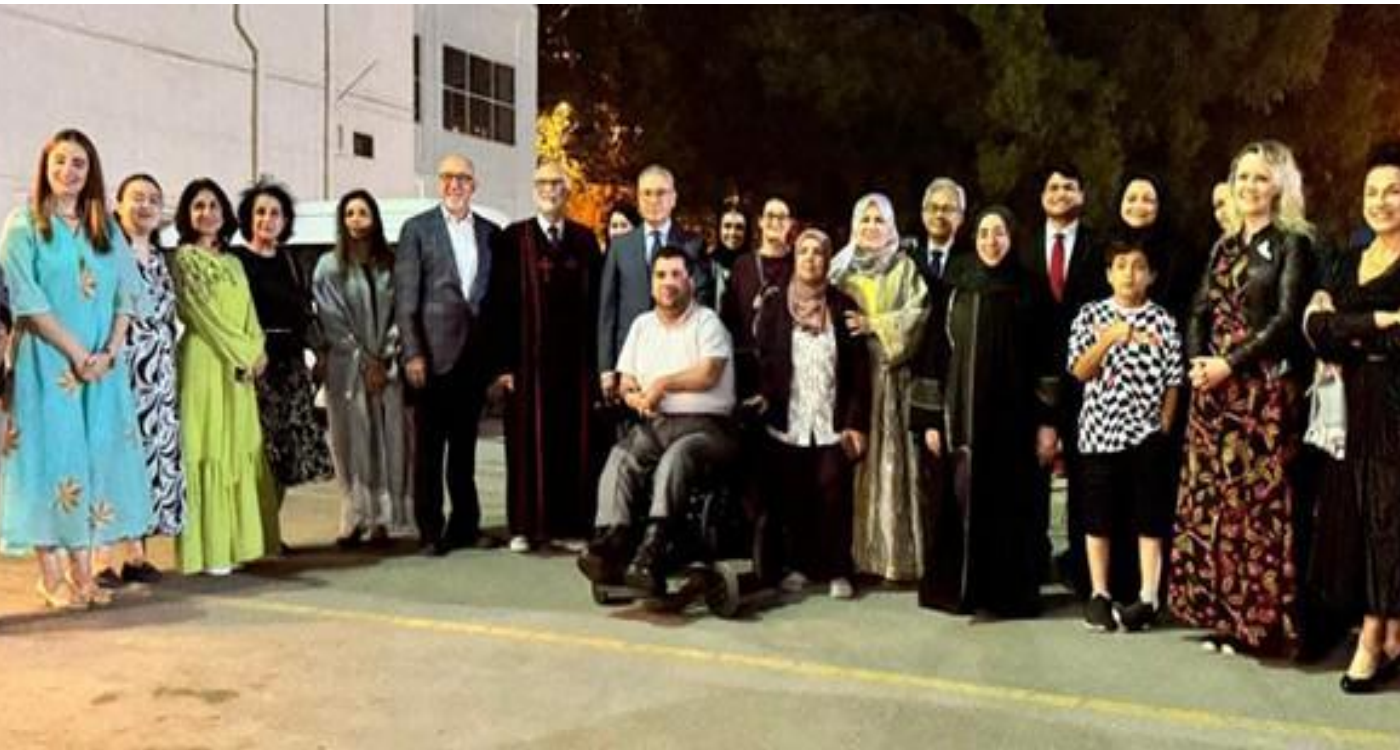1.Introduction
In today’s rapidly evolving global economy, investors increasingly prioritize ethical, sustainable, and transparent business practices over mere profitability. Strong corporate governance has emerged as a cornerstone of corporate success. Defined by the Chartered Governance Institute UK & Ireland, corporate governance is the system of rules, practices and processes by which a company is directed and controlled.
Frameworks such as the Organisation for Economic Co-operation and Development (OECD) Principles of Corporate Governance outline what sort of corporate governance one should aim for. For example, it states that good corporate governance ensures the equitable treatment of all shareholders, including those who are foreigners and those from minority groups. Similarly, the World Bank Group highlights the importance of gender diversity as an essential aspect of good corporate governance. While companies globally have begun to improve their corporate governance, this article examines whether businesses in the Middle East and North Africa (MENA) region are keeping pace.
2.Challenges to Corporate Governance in MENA
The MENA region, encompassing countries such as Egypt, Iran, Israel, and Saudi Arabia, is home to more than 500 million people in 2023 (World Bank). The region stands at critical crossroads, grappling with several challenges that hinder companies’ potential for promoting good corporate governance. Key obstacles include sluggish economic growth, overdependence on state-owned enterprises, and significant gender disparities in corporate leadership.
2.1 Low Economic Growth
A World Bank Group report has shown that MENA is expected to grow at 2.2% in 2024. To reach even half the level of GDP per capita of the world’s wealthiest countries, the region would need to grow at an average of 3.8% annually over the next three decades, a far cry from what it is currently experiencing. One reason for this could be due to the declining oil prices (see Figure 1), combined with the production cuts that the Organisation of the Petroleum Exporting Countries 1 (OPEC) and other oil-producingcountries (OPEC+) have taken on.

This situation is worsened by several political tensions that have plagued the region. For example, the Arab Spring in 2011 has resulted in the intensifying of political violence and the surge of civil wars (Ianchovichina). With that came the disruption of economic activity and the weakening of investor confidence, thereby lowering the chances of companies acquiring the financial capital required to implement good corporate governance practices. More recently, the Israel-Hamas War has further led to the rapid displacement of human capital – resources crucial in bringing about good corporate governance frameworks to life. These compounding effects create an unstable environment that continues to stifle economic progress, especially in the long run.
2.2 Overdependence on State-Owned Enterprises
According to OECD, state-owned enterprises (SOEs) have long dominated MENA’s economic landscape. They emerged alongside the rise of state capitalism, motivated by challenges such as high barriers to entry in certain sectors. With that, these SOEs have been and continue to be a driver for industrial development, ensuring the provision of key goods and services while also generating employment.
Yet, the dominance of SOEs has hindered the development of good corporate governance in the region. Many SOEs in the region struggle with lower productivity, often prioritizing job creation to absorb surplus labour, even when this leads to inefficiencies (OECD). This practice goes against the OECD Principles of Corporate Governance, which advocate for the efficient allocation of resources. Beyond that, transparency remains a significant issue, as information on SOEs is often scarce (OECD). The scarcity of data even extends to their identities, whereby it is not clear which companies are state-owned and which are not. As a result, accountability for performance is severely undermined.
2.3 Gender Imbalance
Closing the gender gap in the workplace remains one of the most pressing challenges in MENA, a region that has one of the smallest female labour forces in the world (Karam et al.). Cultural norms and restrictive legal frameworks have slowed progress toward gender equality. For instance, girls in this region are twice as likely to not be in education, employment or training than male youth (UNICEF). Women are therefore continuously confined to the roles of caretakers and mothers. This would inevitably lead to fewer opportunities for them to engage in formal employment, and by extension, hold corporate leadership roles.
Conversely, increasing gender balance in corporate leadership roles has become a key priority for many countries across the world. There is a strong impetus to do so, driven by evidence that empowering women is important for building competitive, value-creating companies, as well as resilient, inclusive economies (OECD).
In accordance with global standards, it is evident that MENA is lagging behind on this aspect of corporate governance compared to its international counterparts.
3.Windows of Opportunity for MENA
Despite the difficulties that MENA faces in achieving good corporate governance, there are many windows of opportunities. Through targeted reforms at the local level, tangible progress can be achieved, bringing the region closer to recognized corporate governance standards. Some reforms could include providing more education and employment opportunities to women, as well as giving more space to the private sector to make a greater impact on the economy. For example, they could do this by partnering up with schools to develop internship programs.
As globalization continues, MENA governments must also engage with international stakeholders. This could facilitate technological transfers and modernisation, empowering the region further. Arguably, the most important area in which the global arena should be focusing on is in ensuring peace and stability across the region. For example, the International Peace Institute 2 (IPI) has an office in MENA that aims to focus on strengthening the collective capacity regarding conflict prevention, as well as on promoting interreligious dialogues. As stated by the World Bank Group, such multilateral approaches are pivotal in providing the foundation upon which a sustainable future can be built, thus putting MENA in a better position to adopt international frameworks on good corporate governance.

Nonetheless, MENA’s progress depends largely on the willingness of its governments to create environments conducive to change. This is varied across the region, shaped by each country’s unique political, economic, and social landscape. For example, countries such as the United Arab Emirates have made significant strides in diversifying away from their oil sector (Reuters), showing signs of embracing change. In contrast, countries experiencing severe humanitarian crises such as Sudan (Hudson and Strucke) are less likely able to do so, whereby the urgent need for basic survival overshadows long-term goals of reform. Yet, given growing collaboration and mounting pressures from international actors and youth populations, there is room for optimism in believing that these leaders will soon adopt a mindset that is ready for change. This sparks a pressing question: how quickly will they act?
4.Conclusion
In conclusion, this article has explored the state of corporate governance in MENA, highlighting the significant barriers the region faces, including low economic growth, an overreliance on SOEs, and gender inequality. However, there is a possibility for it to bounce back, provided its leaders are willing to do so. I assert that with the interconnectedness of the world, it is likely that these leaders will begin to be more open to change within their countries.
References
Hudson, Cameron, and Michelle Strucke. Sudan’s Humanitarian Crisis: What Was Old Is New Again. Center for Strategic and International Studies, 2024, www.csis.org/analysis/sudans-humanitarian-crisis-what-was-old-new-again.
Ianchovichina, Elena. Economic Costs of Post-Arab-Spring Civil Wars in the Middle East and North Africa. European Institute of the Mediterranean, 2016, www.iemed.org/publication/economic-costs-of-post-arab-spring-civil-wars-in-the-middle east-and-north-africa/. Karam, Charlotte, et al. Supporting Women’s Workplace Inclusion in the MENA Region.
Stanford Social Innovation Review, 30 July 2024, ssir.org/articles/entry/women-workplace-inclusion-mena-region#:~:text=The%20MENA%20region%20has%20one,global%20average%20of%2048%20percent.
Organisation for Economic Cooperation and Development. State-Owned Enterprises in the Middle East and North Africa. OECD, 2013, https://doi.org/10.1787/9789264202979-en.
Organisation for Economic Cooperation and Development. Corporate Governance in MENA: Building a Framework for Competitiveness and Growth. OECD, 2019, doi.org/10.1787/2a6992c2-en.
Organisation for Economic Cooperation and Development. G20/OECD Principles of Corporate Governance. OECD, 2023, www.oecd.org/en/publications/g20-oecd-principles-of-corporate-governance-2023_ed750b30-en.html.
Reuters. “UAE’s Abu Dhabi Sets out Measures to Help Business Get Away from Oil.” Reuters, 4 Dec. 2024,www.reuters.com/markets/uaes-abu-dhabi-sets-out-measures-help-business-get-away-oil-2024-12-04/.
Chartered Governance Institute UK & Ireland. What Is Corporate Governance? CGI, n.d., www.cgi.org.uk/about-us/policy/what-is-corporate-governance.
UNICEF. Gender Equality. UNICEF, n.d., www.unicef.org/mena/gender-equality.
World Bank Group. Corporate Governance Women on Boards and in Business Leadership. World Bank Group, 2019, https://documents1.worldbank.org/curated/en/099240111072228642/pdf/IDU08a526524058c1044ac0ada90790bedebb1d9.pdf.
World Bank Group. Growth in the Middle East and North Africa. World Bank Group, 2024, https://www.worldbank.org/en/region/mena/publication/middle-east-and-north-africa-economic-update.
World Bank Group. Population total – Middle East and North Africa. World Bank Group, n.d.,https://data.worldbank.org/indicator/SP.POP.TOTL?locations=ZQ
How do you find this report?
Leave a reply
Rate the author



